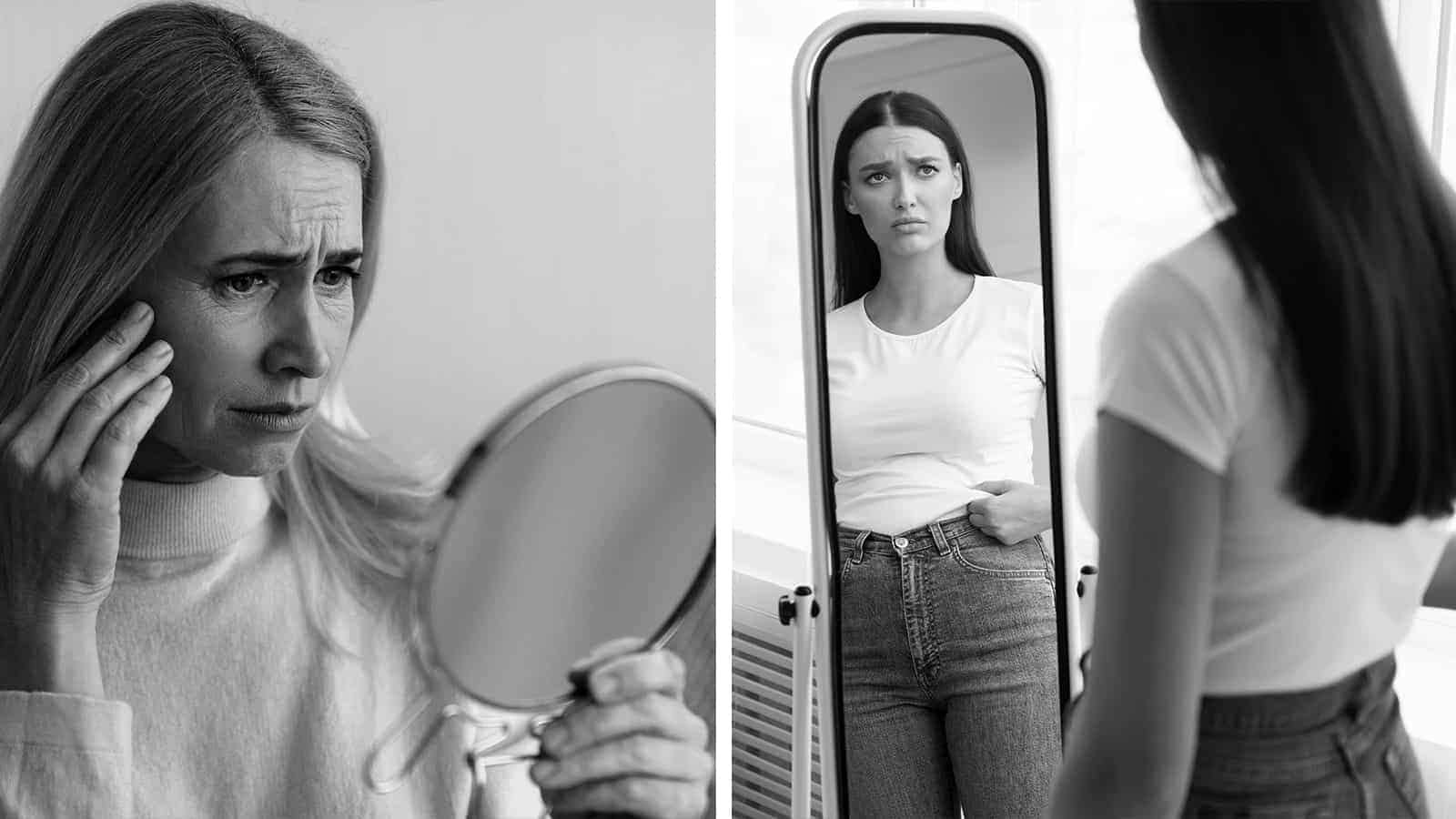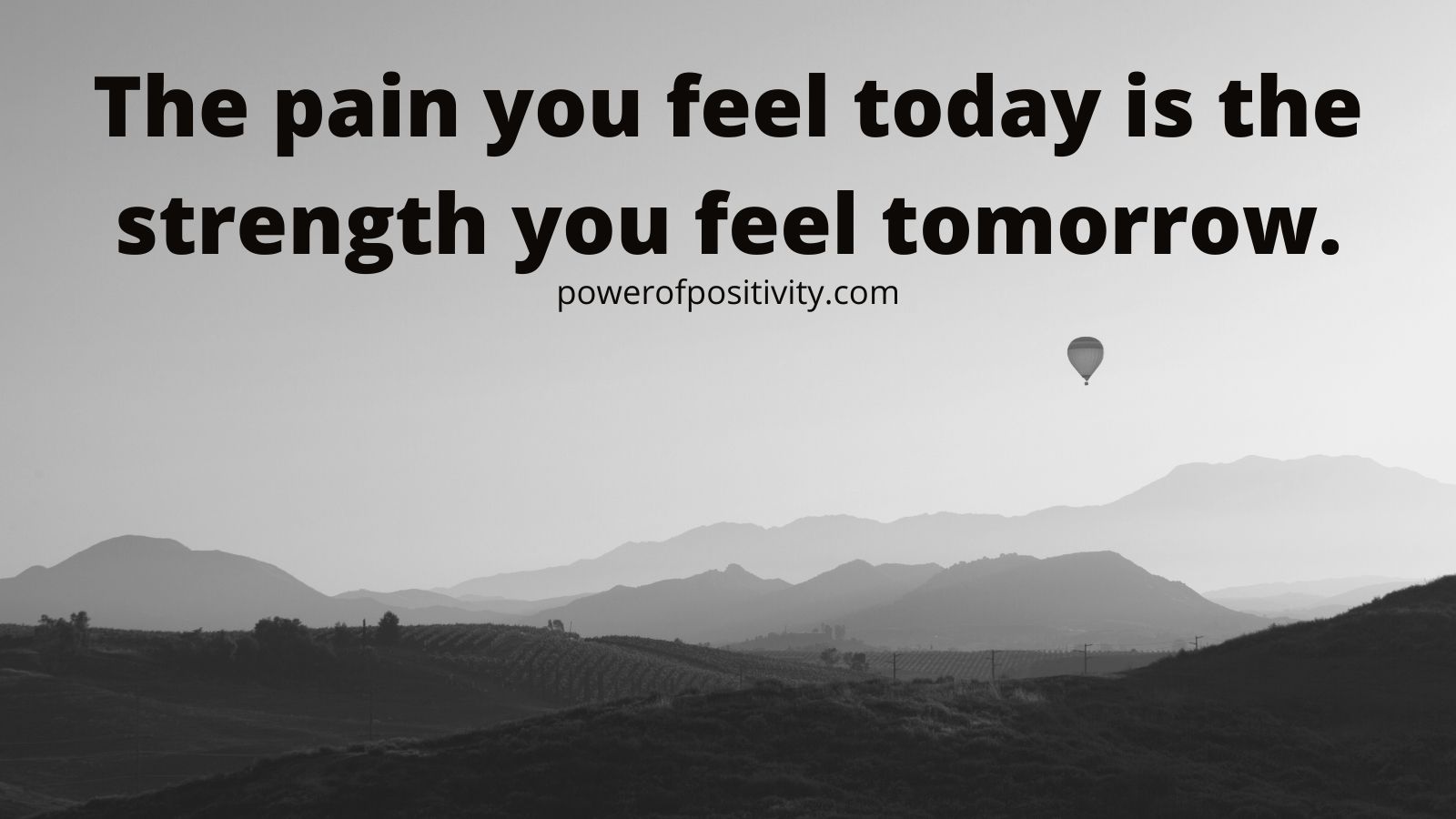Body dysmorphic disorder or BDD is a psychiatric disorder that causes an obsessive preoccupation with a perceived flaw in your appearance. Delusions about a defect in your appearance may motivate you to pursue various treatments to change your appearance. Here is what psychologists are saying about the causes and symptoms of BDD.
What is body dysmorphic disorder?
A recent study in August 2020 stated that 2% of the American adult population struggle with body dysmorphic disorder. Psychologists recently classified BDD as an obsessive-compulsive disorder since it involves repetitive acts and behaviors. The person may have rituals such as constantly gazing in the mirror, skin picking, excessive grooming, and constantly comparing themselves with others. There are also pathological fears of being ugly based on some part of your body.
Sadly, BDD disorder is easily misunderstood and minimized. Those who suffer from this disorder may feel disapproval and even reproach from others.
Symptoms of BDD
BDD patients struggle most often with the appearance of their head and face. They may obsess over scars, acne, wrinkles, facial symmetry, hair thinning, or facial hair. Other concerns the BDD patients obsess about include their
- Nose shape and size
- Eyes, eyelids, and eyebrows
- Ears size and shape
- Cheeks
- Teeth
- Lips
- Mouth
- Jaw
Orthodontists, dermatologists, and plastic surgeons see a huge number of these patients come through their offices. Dermatologists are often the first doctors to recognize a body dysmorphic disorder in their patients.
Approximately 26% to 40% of people with BDD seek out cosmetic surgery. BDD patients are obsessed with their appearance, and most BDD patients are unhappy once they’re received dermatological treatments. In fact, dermatologists say that these patients are some of the most difficult patients to work with due to their obsession with perfection. Today, dermatologists are working with psychiatrists to identify patients with BDD and help them get treatment. Cosmetic treatments rarely resolve BDD patients’ appearance desires. In fact, plastic surgery can often make a BDD person’s appearance obsession worse, resulting in suicide.
There are a growing number of BDD patients seeking out orthodontic treatments to improve their looks. Braces, teeth whitening, and jaw surgery, as well as spacing, tooth size, and adjustments to their smile. Approximately 5.2% of orthodontist patients have BDD.
Diagnosis of BDD
Diagnosis of this disorder focuses on the obsessive nature and repetitive behaviors of the patient. These behaviors can take 3 to 8 hours of their day.
These include:
- Camouflaging with makeup to hide flaws
- Excessive weight lifting or exercising
- Skin picking to the point of bleeding
- Over attention to clothing
- Excessive grooming
On average, a person who suffers from BDD can be preoccupied with the skin, hair, nose, or a body part, but they can be obsessed with 5 to 7 different body parts during their life. Men perceived their muscles or penis is too small. Women obsess over their nose or thin lips.
What causes body dysmorphic disorder?
BDD is a growing problem in Western countries. This section provides some of the most alarming stats from the Body Dysmorphic Foundation.
- Anyone can get BDD.
- Around 40% of those who suffer from BDD are men, with 60% being women.
Other characteristics of those who get BDD include the following:
- BDD occurs in kids as young as 4 to 5 years old
- Most of the time, BDD begins at the age of 12 or 13
- In 2/3 of kids suffering from BDD, it started before they were 18 years of age.
- BDD occurs in every ethnic group and race
- It’s a global problem but more common in Western nations.
- Affects all socioeconomic levels
It’s not totally understood why people get BDD. Many people with BDD say they remember being bullied or had mean comments about their appearance, even young kids. Unfortunately, this disorder is often unrecognized and underdiagnosed until there is a crisis for the person suffering from it. Mental health professionals are often unfamiliar with BDD than other disorders. Plus, people with BDD don’t seek help, either denying they have a problem or how to get help for the body image obsessions. Others may neglect to tell their doctors about their obsessions due to
- Embarrassment
- Fear of being judged
- Feeling like the doctor won’t understand
- Assuming their body image issues aren’t a problem.
- Or they don’t want to know their body image issues are a problem.
- Assume they’re the only ones who have this kind of problem
- The doctor doesn’t ask them about body image problems, so they don’t mention it.
- Not knowing there’s a treatment for their body image problems.
BDD’s causes are unclear, but there is some thinking that biological or environmental issues could contribute, such as genetic disposition, personality traits, life experiences such as parental mistreatment, or sexual trauma.
Could you have BDD?
Do you have BDD? It’s a worthwhile question to ask yourself. See if any of these symptoms are something you are struggling with.
- Do you constantly feel ugly or abnormal, or disfigured compared to other people?
- Are you obsessed about a body part and spend up to 1 hour a day or more thinking about it?
- Are you convinced that you are different from other people and don’t struggle with the same things you do regarding your physical appearance?
- Do you have repetitive behaviors to hide, fix, inspect, or find reassurance about your body part?
- Do you find yourself repeatedly:
- Comparing yourself to others
- Trying to hide your imperfections with makeup or other things? (one person adding padding to their clothing to look more “normal.”
- Constantly checking the mirror, windows, and cell phone screen to see if you look okay.
- Look for approval about your looks.
- Pick your skin to get rid of perceived skin flaws.
- Changing clothing a lot during the day
- Extreme tanning
- Extreme exercising or weight lifting
- Constant shopping
- Have you sought out a dermatologist, orthodontist, or plastic surgeon to fix your imperfections only to feel like it didn’t make you as perfect as you wanted?
- Do you avoid social settings because of how you look?
- Do you feel sad, anxious, irritable, or angry about your appearance?
- Have your struggles interfered with your work, school?
- Have you thought about self-harm because of your struggles?
Check out the International OCD Foundation’s website to take a self-test for BDD. If you think you have BDD, you must get help. Visit your doctor or seek out a counselor for treatment. Many good treatments can relieve you of these difficult feelings and struggles.
BDD treatments
Behavior modification therapies are beneficial to treat BDD. These include:
- Cognitive behavior therapy: This therapy helps you deal with the symptoms through personal counseling and group therapy.
- Medication: Serotonin reuptake inhibitors (SRI’s) are often the first line of treatment for BDD.
Most BDD patients participate in both treatments simultaneously. They’ve been very effective in treating this disorder.
Do you know someone who could have Body Dysmorphic Disorder?
You may know someone who has symptoms of BDD. Men and women both suffer from this condition, but symptoms can show up in elementary or teen years. Check this list of BDD symptoms and behaviors that could characterize a friend or family member.
The following behaviors might indicate this disorder:
- Preoccupied with their physical flaws
- They think they’re ugly or deformed.
- They think others are looking at their flaws and mock and gossip about those people.
- Wearing lots of makeup to hide flaws
- Need lots of reassurance from you and others
- A perfectionist about their appearance
- They may have already undergone surgery to correct their “flaws,” and they still aren’t happy.
- Anxious about people’s opinions of their appearance
- They may have an eating disorder: bulimia or anorexia.
- Substance abuse problem
- Cutting or suicide attempts
Final Thoughts on Identifying Body Dysmorphic Disorder
If you know a friend or family member who struggles with these symptoms, encourage them to get help. BDD is a manageable disorder, and they can find freedom from their obsessions to enjoy life without fears about their look or don’t look.
Body dysmorphic disorder is a common problem, especially in today’s body image-obsessed culture. Although social media and celebrity blogs don’t cause BDD, these unrealistic images can make it worse. Indeed, they may amplify the BDD suffers obsessive fears and struggles. If you or someone you know is struggling with BDD, don’t hesitate to seek out help. Treatment is available and effective. You are worth more than your appearance. Find relief and happiness in being you in your appearance and personality.
















 Community
Community

